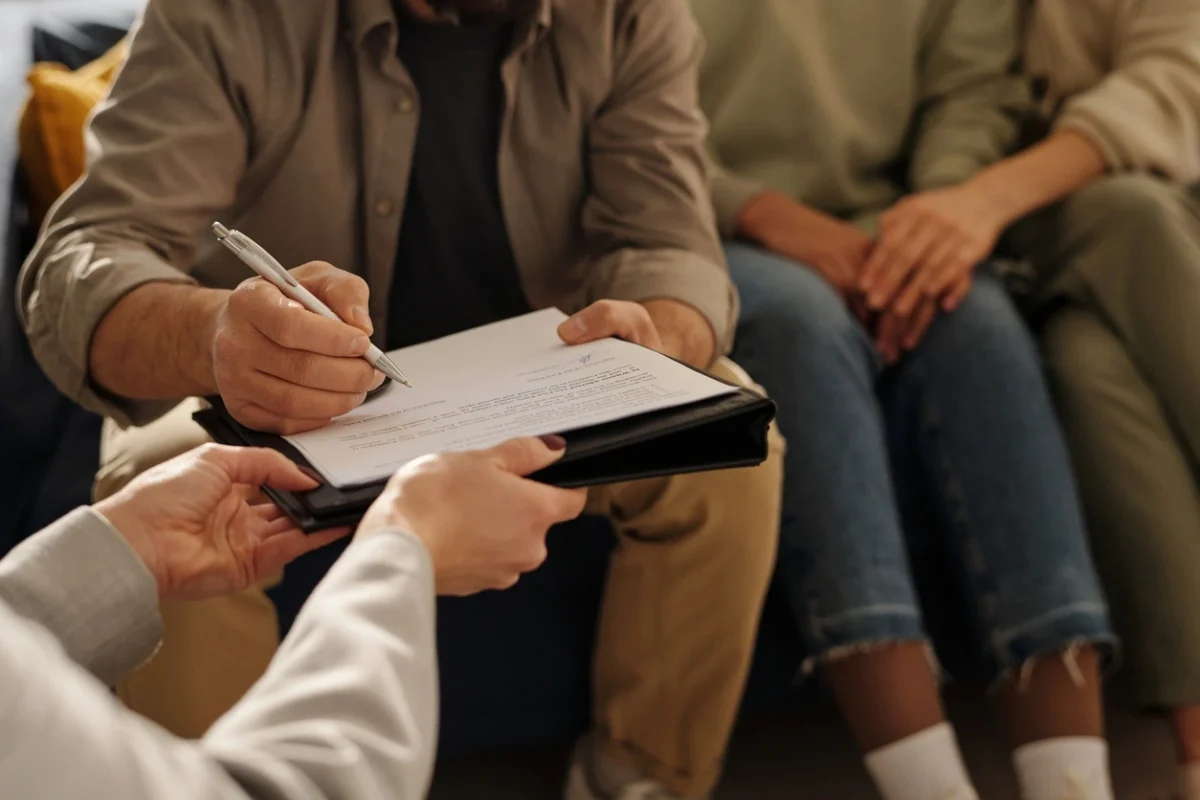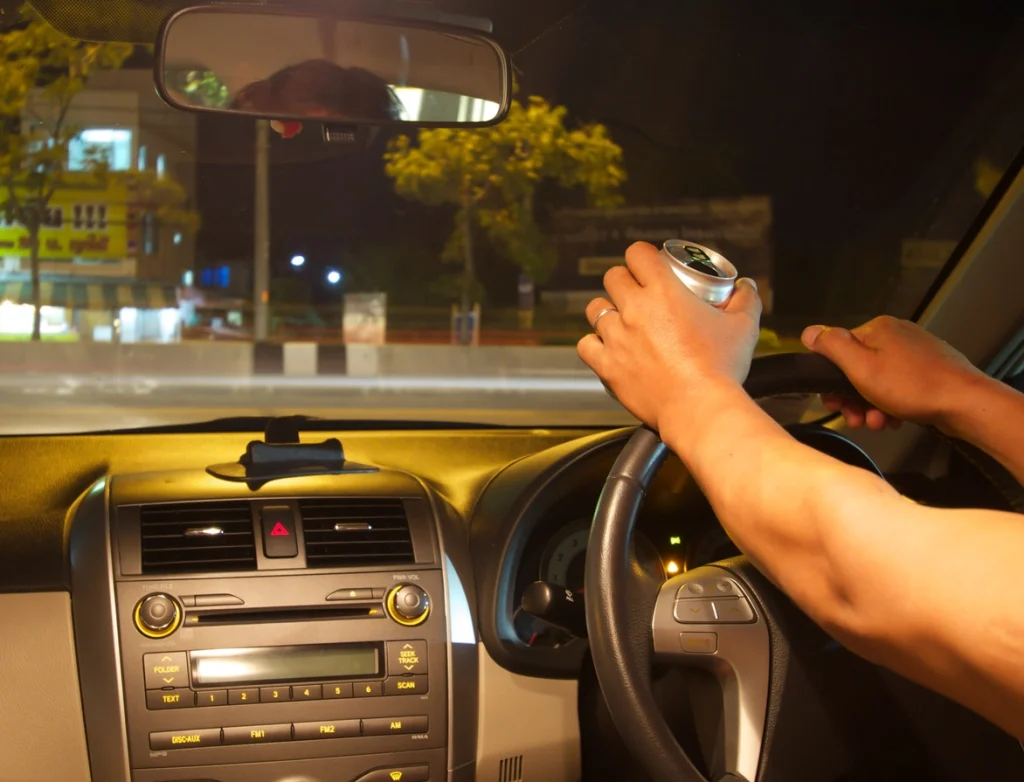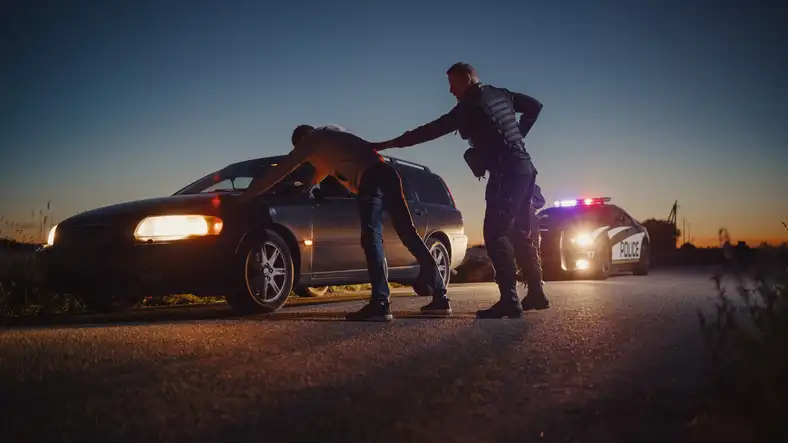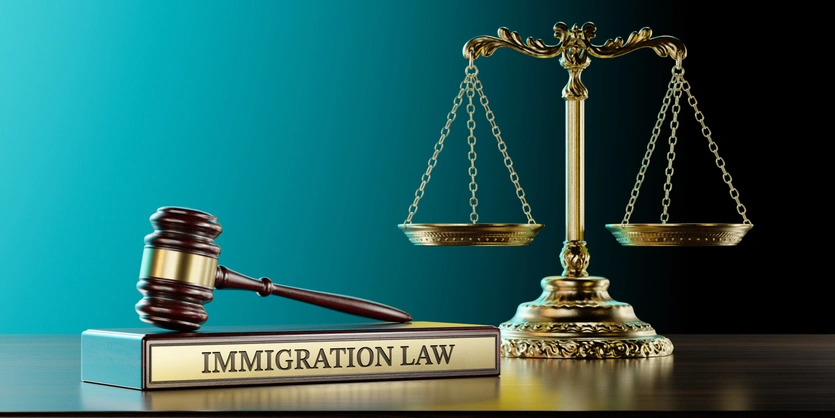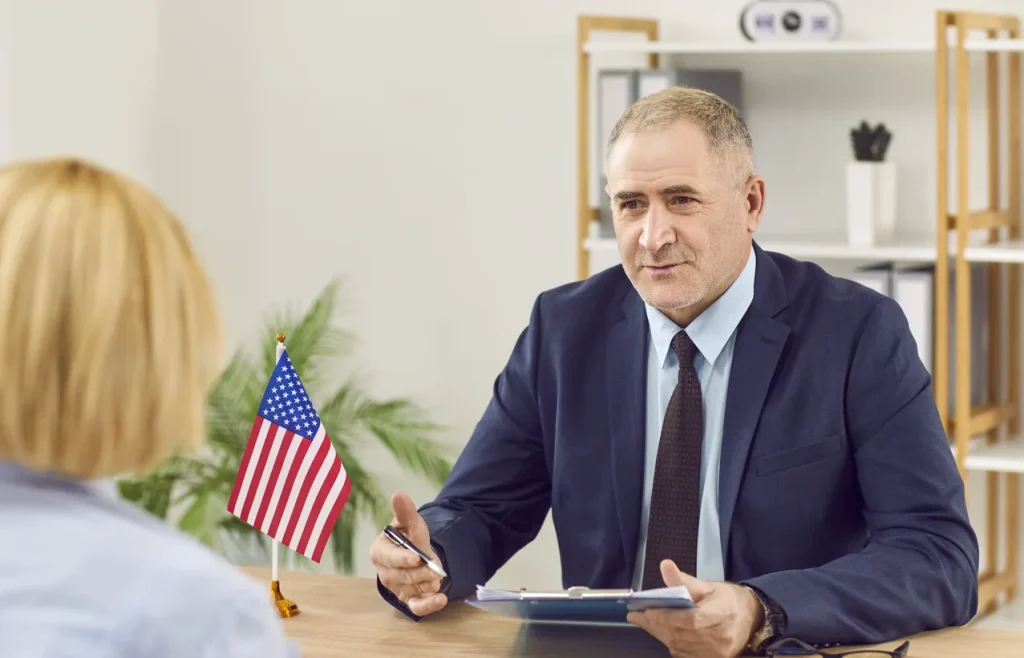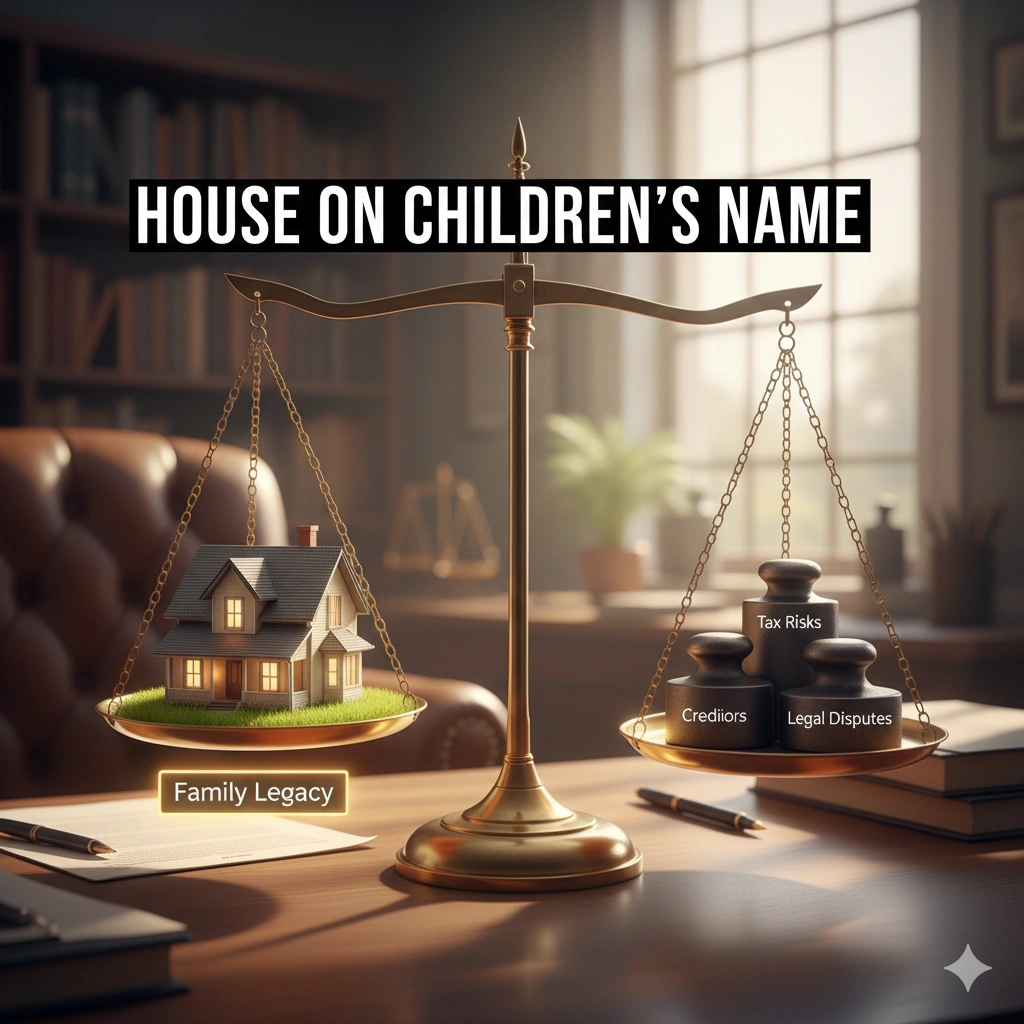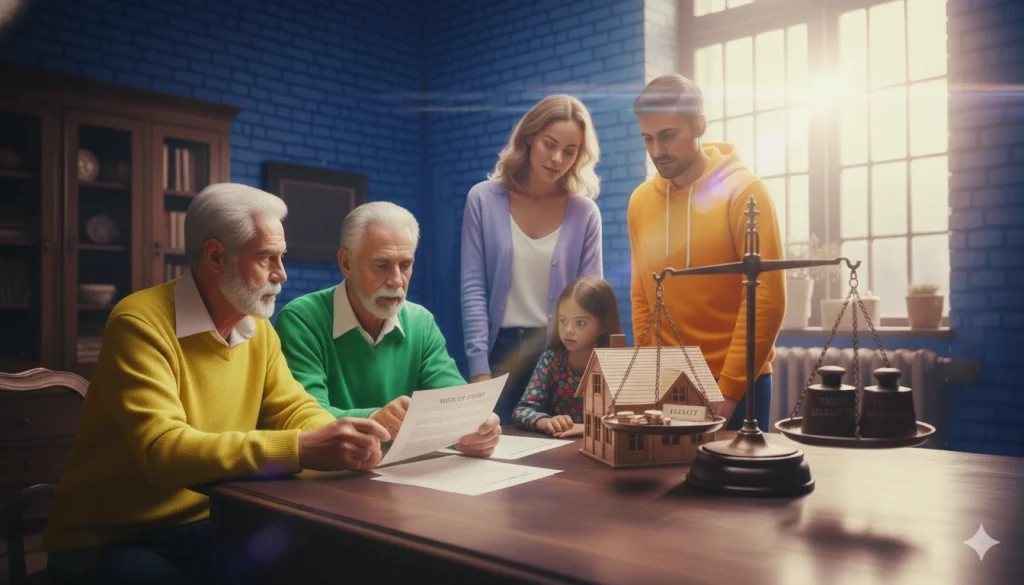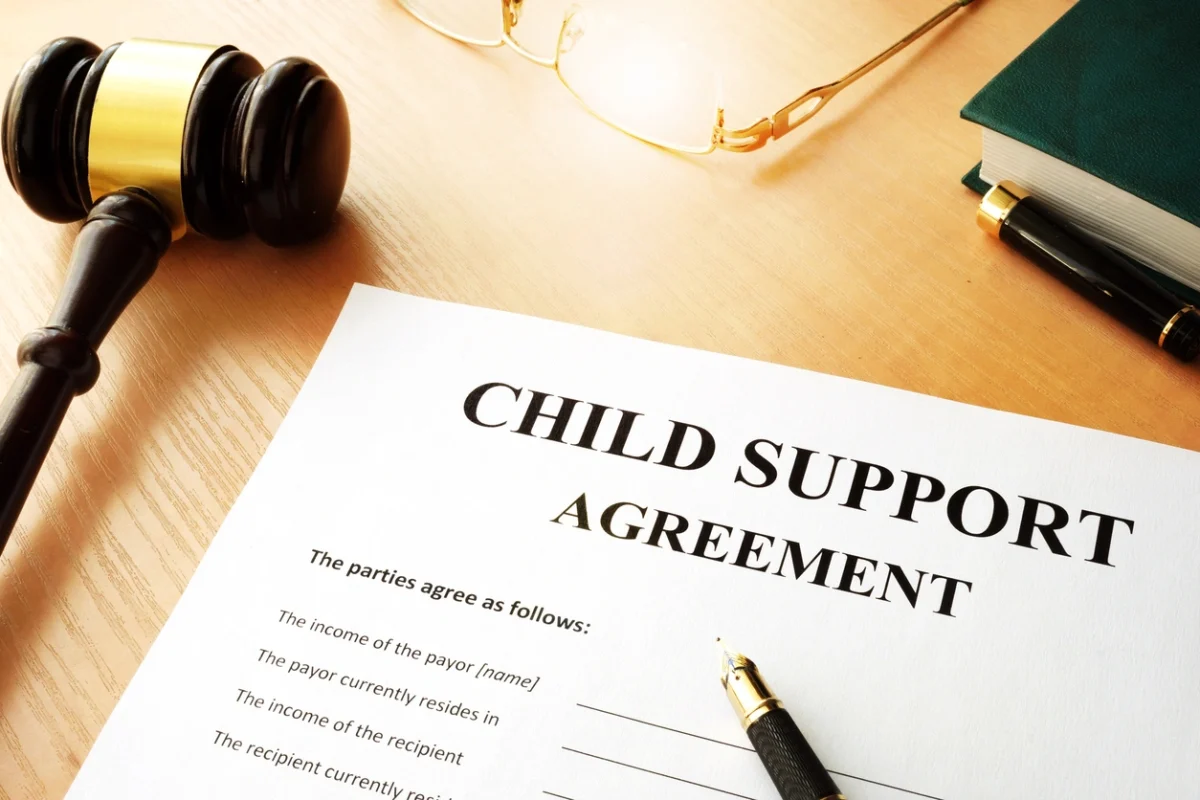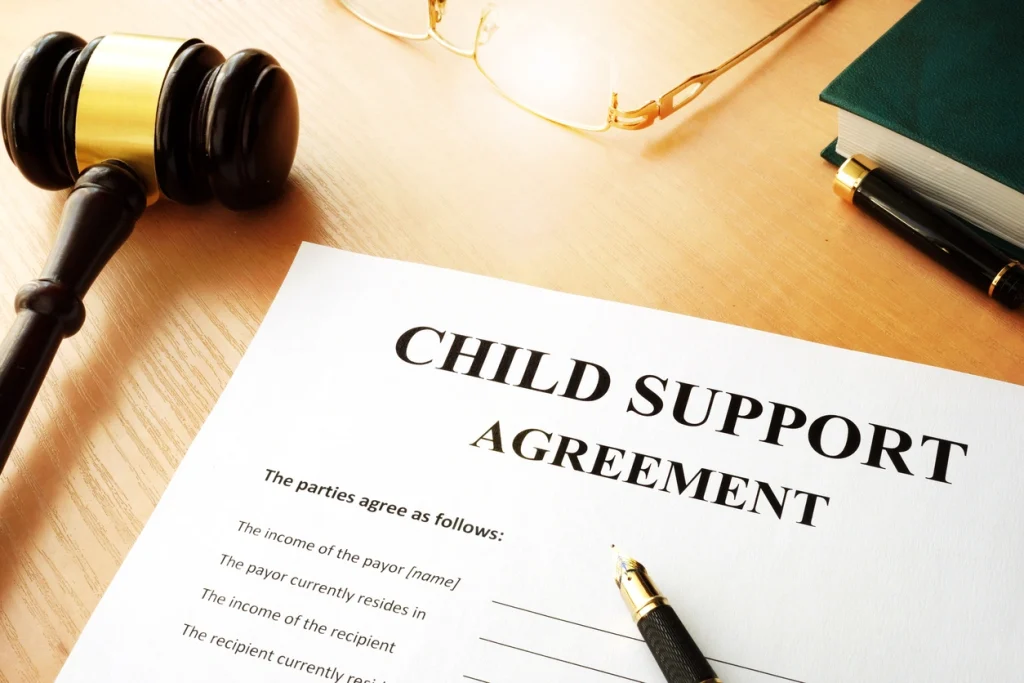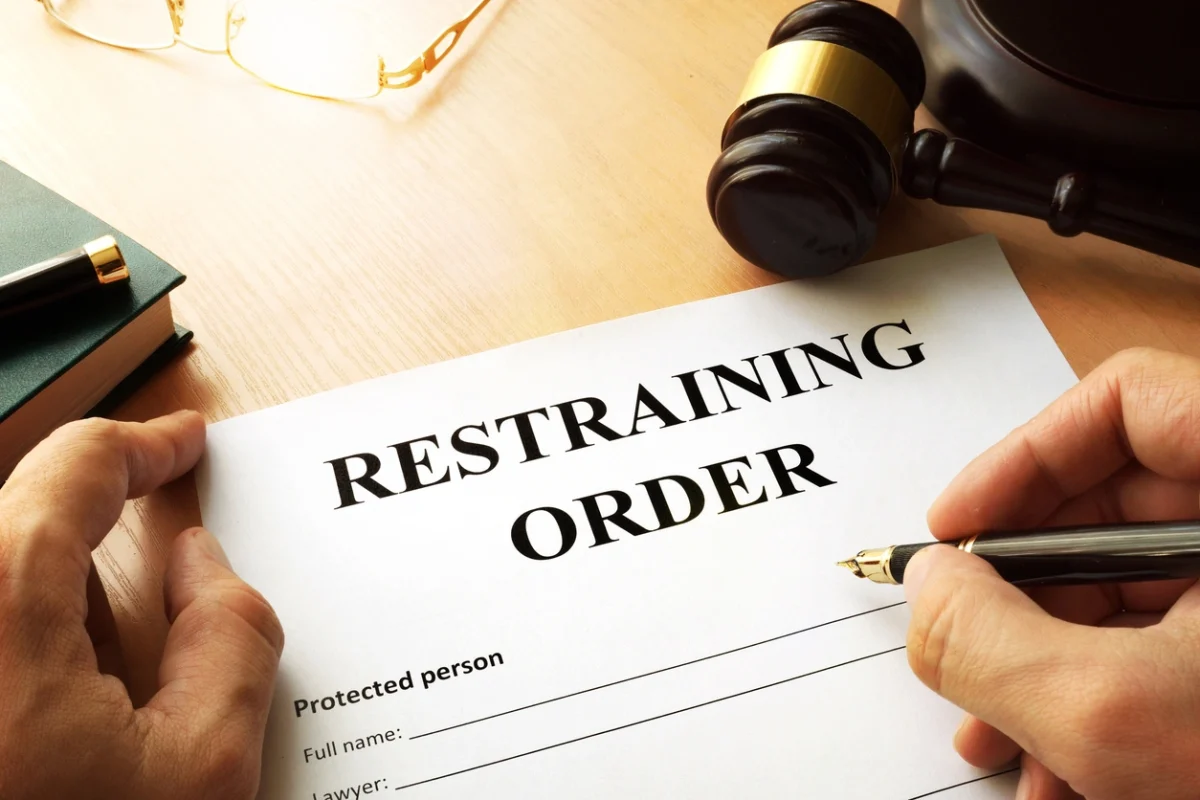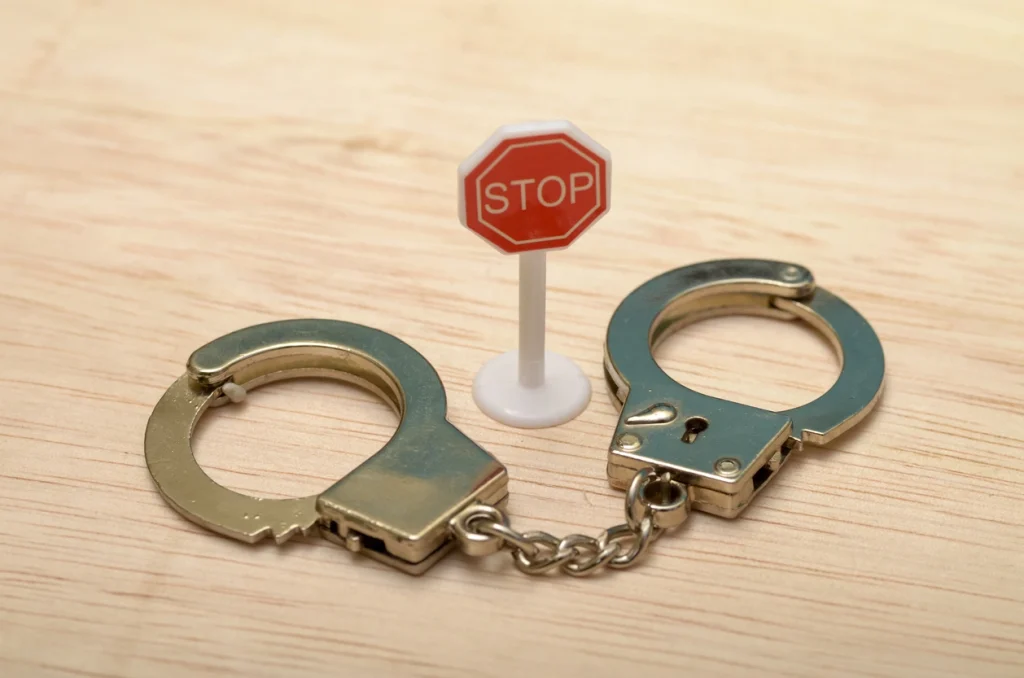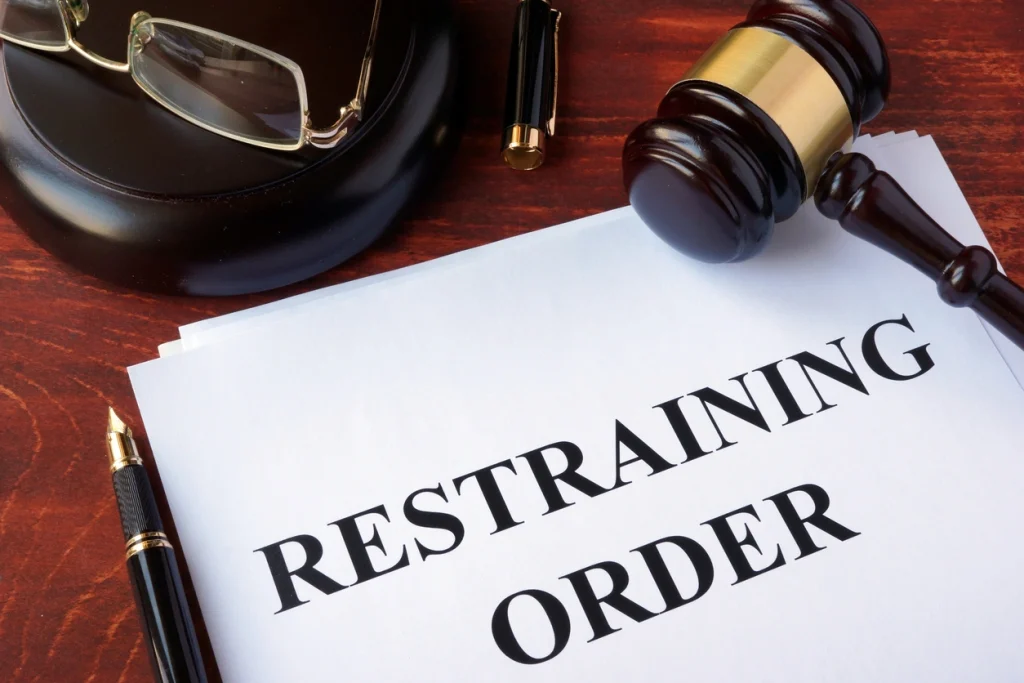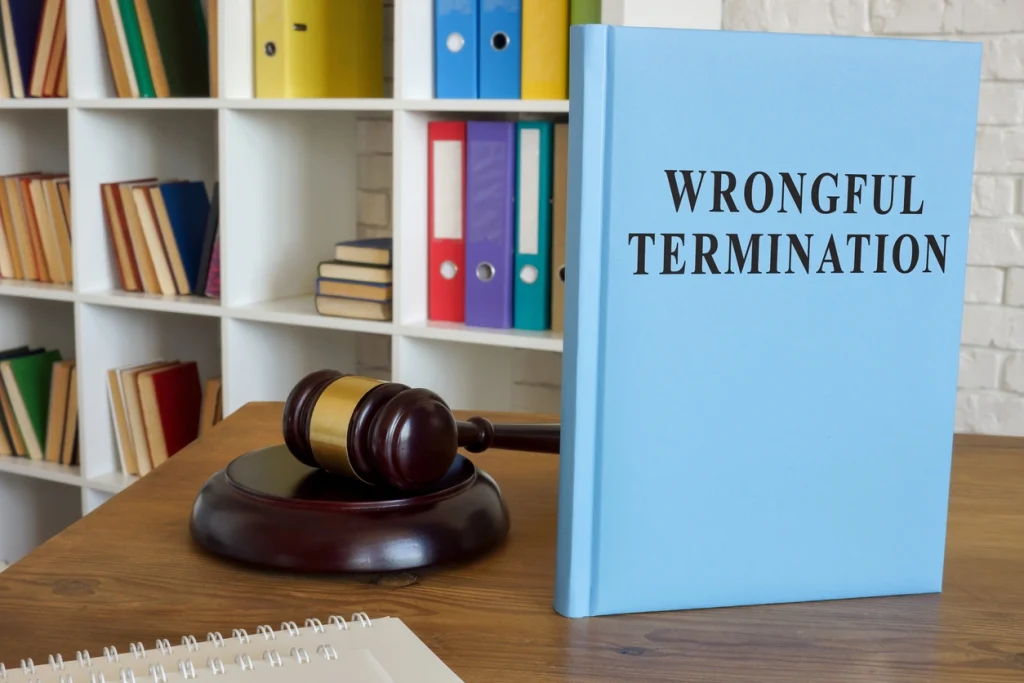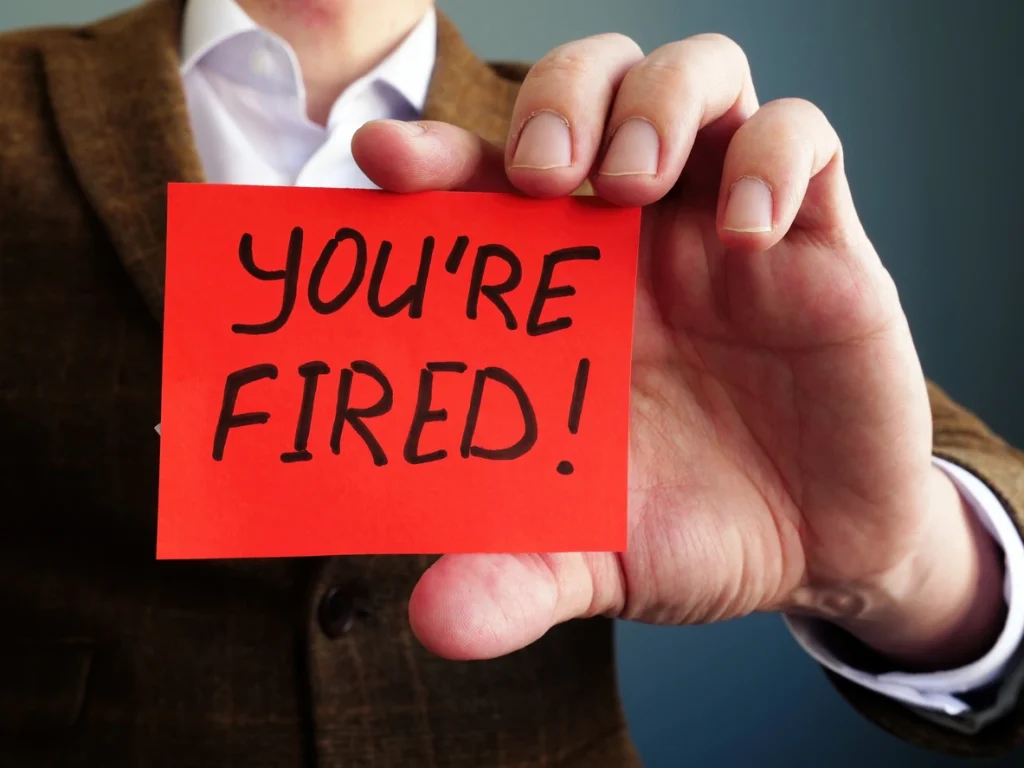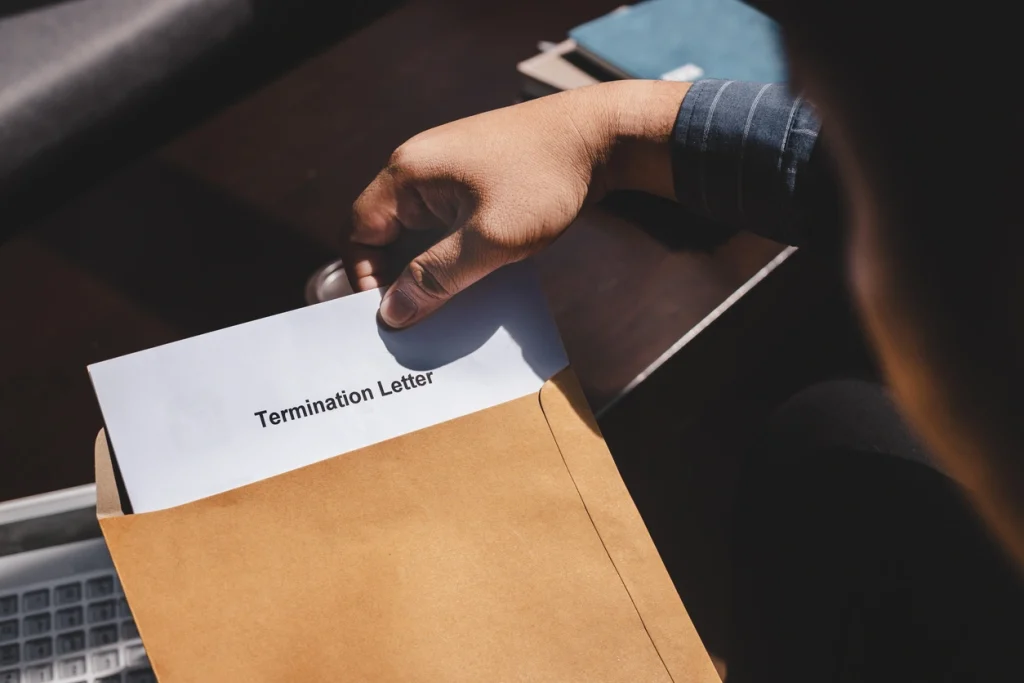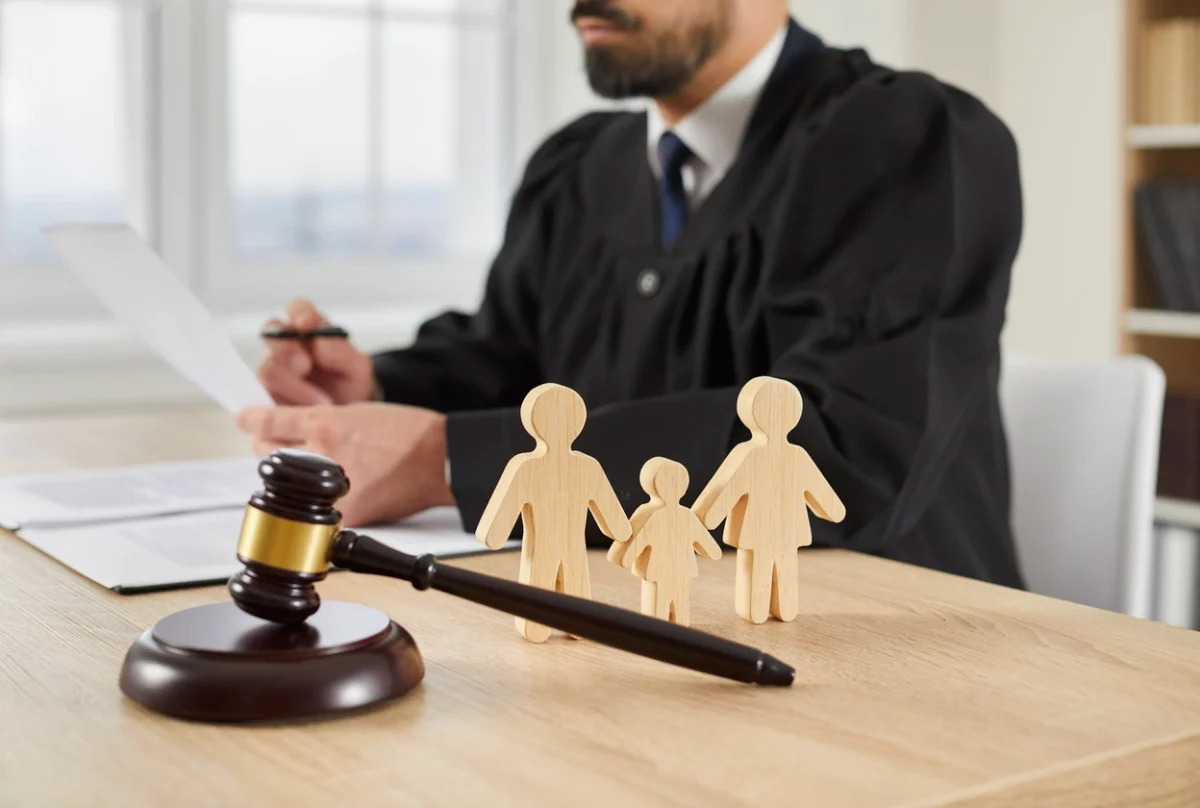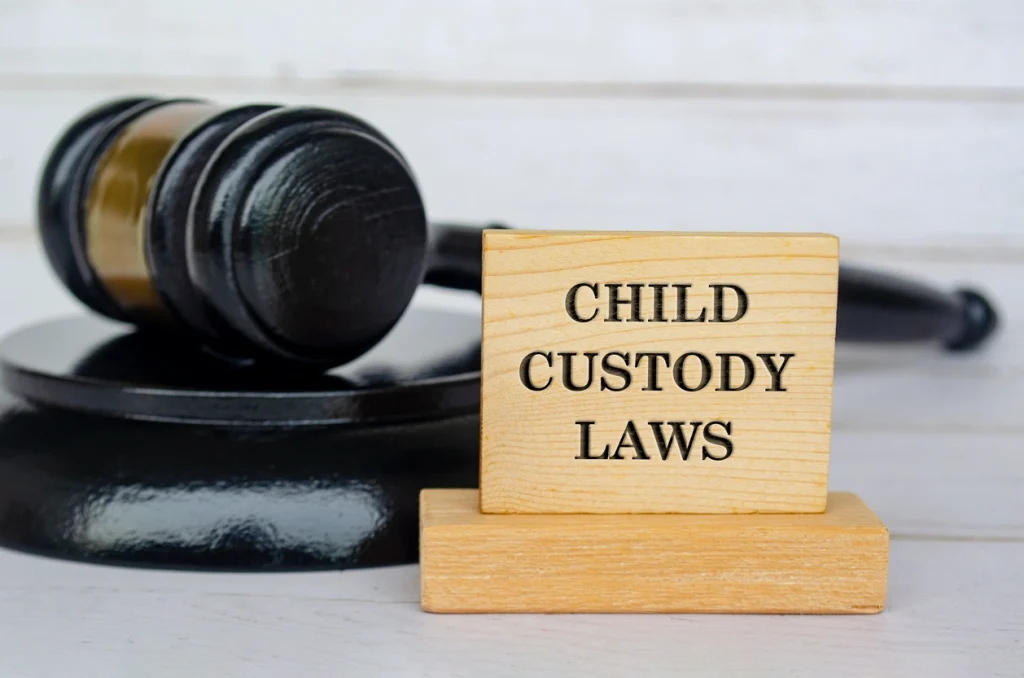The administration of economic sanctions by the Office of Foreign Assets Control has become increasingly complex as global financial activity, digital transactions, and geopolitical enforcement priorities continue to evolve. By 2026, OFAC sanctions enforcement reflects not only traditional foreign policy objectives but also emerging concerns involving cyber activity, financial transparency, and cross-border asset movement. Within this regulatory environment, the role of an Unblocking application lawyer has developed into a procedurally sophisticated and legally nuanced function grounded in federal administrative law.
An unblocking application is not an informal appeal or discretionary request. It is a structured legal submission governed by Title 31 of the Code of Federal Regulations and informed by constitutional due process principles. The work of an Unblocking application lawyer centers on interpreting regulatory authority, assembling legally sufficient evidence, and presenting arguments that align with OFAC’s enforcement framework while respecting national security considerations.
OFAC Sanctions Framework in 2026
OFAC operates pursuant to statutory authority delegated by Congress, primarily under the International Emergency Economic Powers Act and, in limited circumstances, the Trading with the Enemy Act. These statutes permit the executive branch to restrict transactions and immobilize property when national security or foreign policy interests are implicated. By 2026, sanctions programs have expanded in scope, covering entire economic sectors, virtual currencies, and indirect ownership structures.
An Unblocking application lawyer must first identify the precise sanctions program under which property has been blocked. This determination affects the applicable legal standards, licensing provisions, and administrative precedents. Different programs apply different thresholds for control, ownership attribution, and prohibited dealings, making program-specific analysis essential.
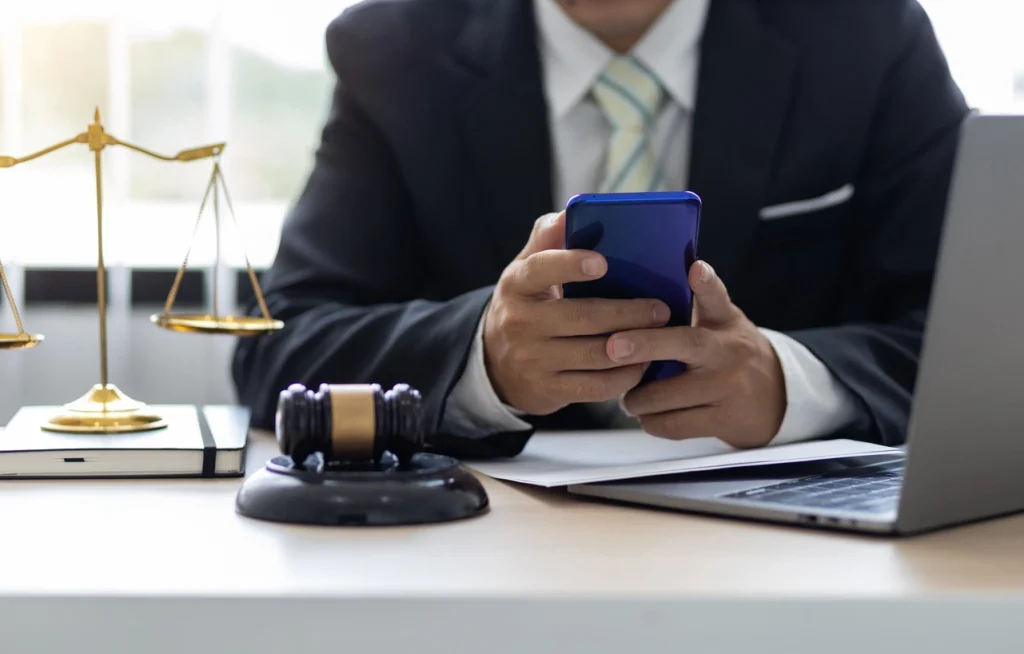
Legal Meaning of a Blocked Asset Under Federal Regulations
Blocked property under OFAC regulations is not forfeited in the criminal sense. Rather, it is placed in a state of legal suspension, meaning that ownership rights technically remain intact while all transfers, withdrawals, or dealings are prohibited absent authorization. This distinction is critical to the legal reasoning applied in an unblocking request.
An Unblocking application lawyer evaluates whether the continued blocking of property remains justified under the applicable regulations. This assessment often involves analyzing whether the original blocking was derivative, whether the designation criteria are still met, or whether a regulatory exception or licensing pathway applies. Administrative law principles require that continued blocking have a rational connection to statutory authority, even in areas of broad executive discretion.
Role of an Unblocking application lawyer in Regulatory Navigation
The primary function of an Unblocking application lawyer is to guide the unblocking process through a legally sound and procedurally compliant submission. This begins with a detailed review of transaction history, ownership records, and designation materials. The lawyer must determine whether the blocking resulted from direct designation, indirect ownership, mistaken identity, or automated screening mechanisms.
In 2026, this role increasingly requires familiarity with data-driven compliance systems and digital asset tracing, as OFAC relies heavily on financial intelligence and interagency data sharing. The Unblocking application lawyer must translate technical financial information into legally relevant arguments grounded in regulatory text and administrative precedent.
Regulatory Standards Governing Unblocking Applications
OFAC reviews unblocking applications under administrative standards that prioritize national security, sanctions integrity, and enforcement consistency. While the agency possesses broad discretion, it remains bound by principles of reasoned decision-making under federal administrative law.
An Unblocking application lawyer addresses the evidentiary burden placed on the applicant by presenting documentation that demonstrates why the property no longer meets the criteria for blocking. This may involve showing termination of sanctioned status, lack of prohibited intent, or factual errors underlying the initial action. The legal analysis must remain tightly aligned with regulatory language rather than equitable or hardship-based arguments.
Procedural Structure of an OFAC Unblocking Request
The unblocking process follows a defined administrative pathway that requires strict procedural compliance. An Unblocking application lawyer prepares a written submission that clearly identifies the regulatory basis for relief, supported by documentation and sworn statements where appropriate. Once submitted through OFAC’s licensing system, the application may undergo multiple rounds of internal review and supplemental information requests.
Throughout this process, maintaining consistency and accuracy is essential. OFAC determinations are based on the administrative record, and omissions or inconsistencies can significantly delay review. The lawyer’s role is to ensure that each procedural step reinforces the legal theory underlying the request.
Interaction With OFAC Licensing Authorities
Many unblocking outcomes are achieved through the issuance of a specific license authorizing the release of blocked property. Licensing decisions are highly fact-specific and depend on the sanctions program involved. An Unblocking application lawyer must analyze whether the applicant meets regulatory criteria for licensure and whether any exceptions apply.
Licensing arguments are framed using statutory language and OFAC guidance rather than policy appeals. In this context, the lawyer’s task is to demonstrate regulatory eligibility rather than to seek discretionary leniency.
Administrative Law Reasoning in Unblocking Determinations
Although OFAC is not a court, its decisions reflect quasi-judicial reasoning influenced by administrative law standards. Federal courts reviewing sanctions decisions apply an “arbitrary and capricious” standard, which requires agencies to articulate a rational basis for their actions.
An Unblocking application lawyer anticipates this framework by ensuring that submissions are logically structured, factually supported, and responsive to regulatory criteria. This approach strengthens the administrative record and preserves legal arguments should judicial review become necessary.
Mistaken Identity and Overinclusive Blocking
Mistaken identity remains a recurring issue in sanctions enforcement, particularly in cases involving common names, incomplete identifiers, or automated screening systems. An Unblocking application lawyer addresses these situations by providing clear documentation distinguishing the applicant from designated parties.
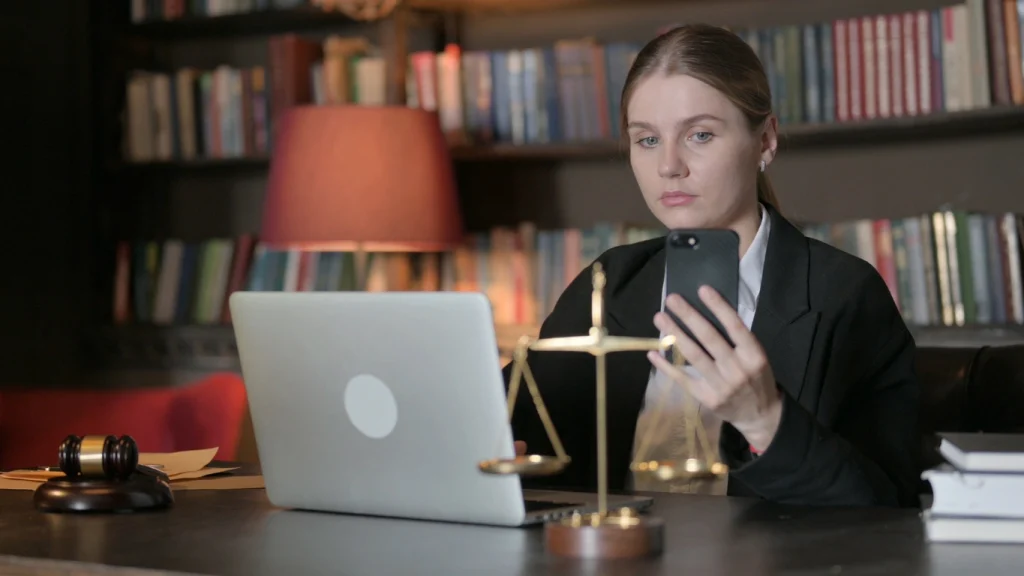
Public Safety and National Security Considerations
Sanctions enforcement operates within a broader public safety and national security framework. OFAC’s mandate emphasizes prevention of illicit finance and deterrence of prohibited conduct. An Unblocking application lawyer must therefore frame arguments in a manner that respects these objectives while addressing regulatory overreach or factual error.
Balancing individual property interests with national security concerns is a defining feature of sanctions law. Successful unblocking submissions reflect this balance through careful legal analysis rather than adversarial rhetoric.
Government Oversight and Regulatory Transparency
OFAC functions under Treasury Department oversight and is subject to congressional reporting requirements. Regulatory guidance and enforcement updates are published through official government channels, including the U.S. Department of the Treasury’s sanctions policy resources at https://home.treasury.gov/policy-issues/financial-sanctions.
An Unblocking application lawyer remains attentive to these publications, as shifts in enforcement priorities and interpretive guidance can materially affect unblocking outcomes.
Judicial Review and Post-Decision Implications
While judicial review of OFAC decisions is limited, it remains available under the Administrative Procedure Act in certain circumstances. An Unblocking application lawyer evaluates whether administrative remedies have been exhausted and whether procedural or constitutional issues warrant judicial scrutiny.
Even where litigation is not pursued, the reasoning applied in unblocking determinations has long-term compliance implications. Future transactions remain subject to monitoring, reporting, and sanctions screening obligations.
Practice-Specific Regulatory Analysis Reference
A detailed discussion of administrative procedures and regulatory interpretation related to unblocking submissions is addressed in the context of an experienced unblocking application lawyer handling OFAC sanctions matters. This reference aligns with established administrative practice without promotional framing.
Enforcement Trends Affecting Unblocking Applications in 2026
By 2026, sanctions enforcement reflects increased reliance on financial intelligence, interagency coordination, and digital transaction monitoring. An Unblocking application lawyer must account for these developments when preparing submissions, particularly where digital assets or complex ownership structures are involved.
These trends reinforce the importance of procedural precision and factual clarity in unblocking requests.
Ethical and Professional Responsibilities in Sanctions Practice
Legal practice in the sanctions domain is governed by professional responsibility rules requiring candor, diligence, and factual accuracy. An Unblocking application lawyer must ensure that submissions are truthful, complete, and compliant with jurisdiction-specific ethical standards.
Failure to adhere to these principles can undermine both the unblocking request and future regulatory interactions.
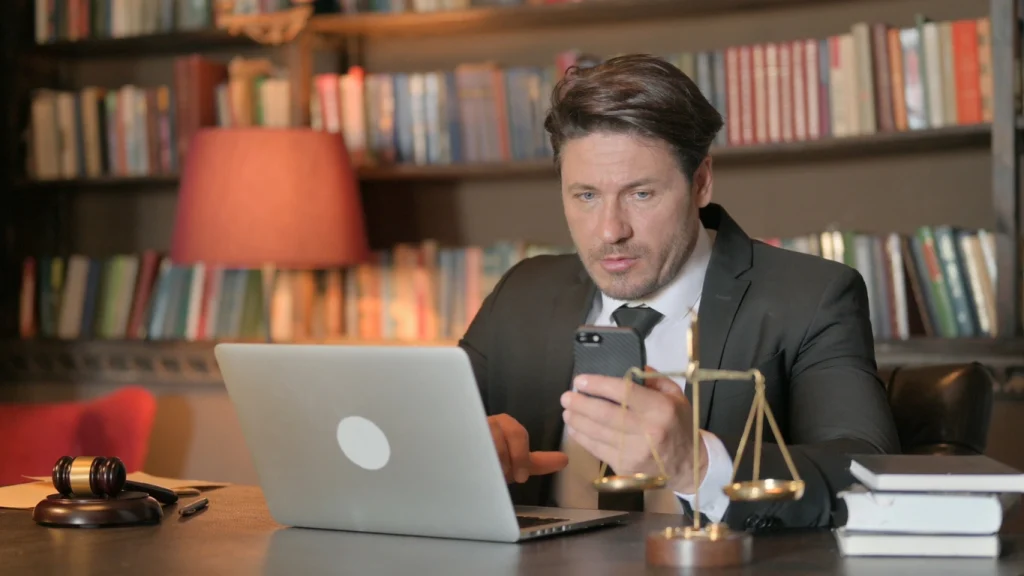
Frequently Asked Questions on OFAC Unblocking Applications
What does an Unblocking application lawyer do in OFAC proceedings?
An Unblocking application lawyer prepares and submits formal administrative requests seeking the release of blocked property, ensuring compliance with OFAC regulations, evidentiary requirements, and administrative law standards.
How long does OFAC take to decide an unblocking application?
OFAC review timelines vary depending on sanctions program complexity, interagency consultation needs, and the completeness of the administrative record, often extending several months or longer.
Is delisting required to unblock property?
Delisting is not always required. An unblocking application may succeed where property no longer meets blocking criteria, even if a designation technically remains in place.
What type of evidence supports an unblocking request?
Evidence typically includes transactional records, ownership documentation, identity verification materials, and legal analysis demonstrating regulatory eligibility for unblocking.
Does an Unblocking application lawyer address future compliance issues?
An Unblocking application lawyer often evaluates ongoing compliance obligations, including reporting requirements and sanctions screening risks associated with future transactions.


